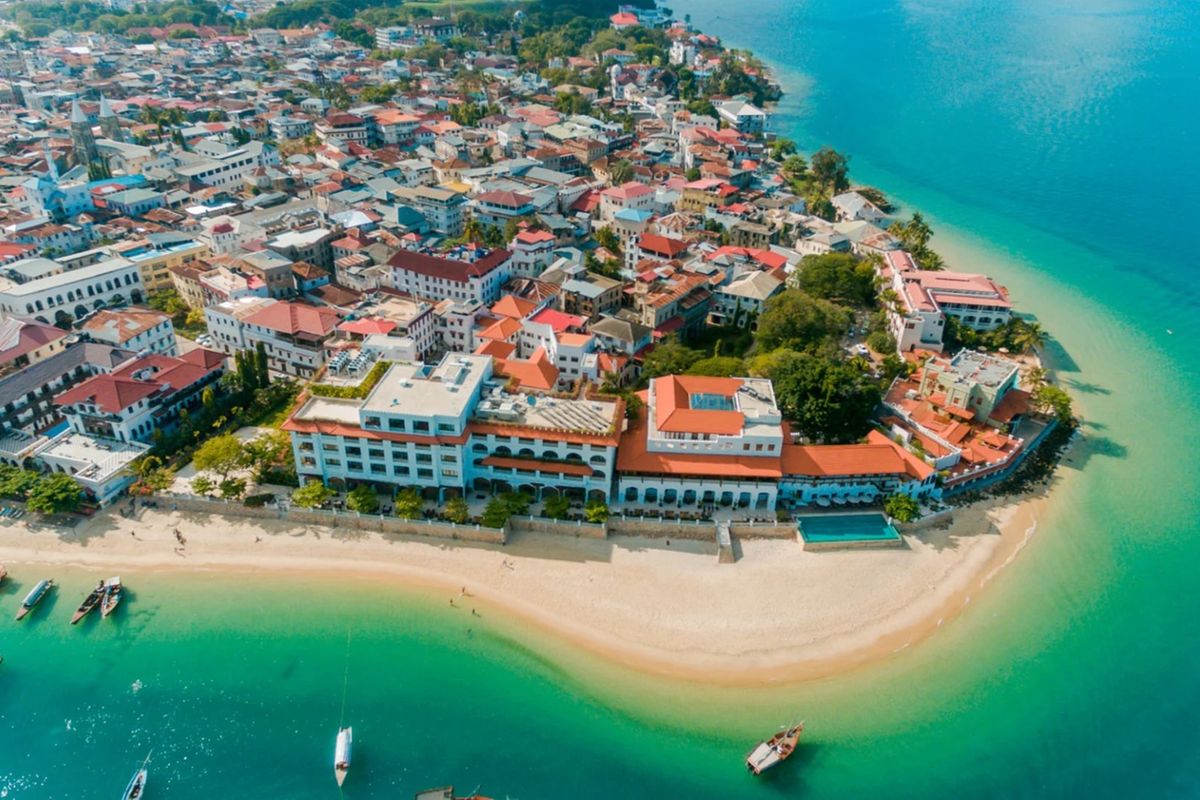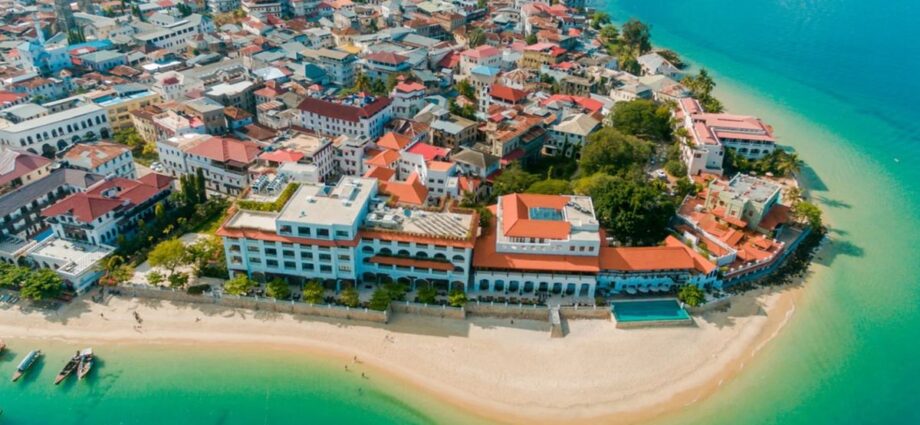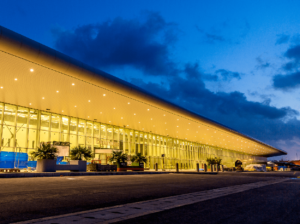
Dar es Salaam. Zanzibar’s economy exceeded expectations, recording a notable 7.2 percent growth in late 2024, driven largely by the vibrant tourism and trade sectors.
This marks a significant improvement from the 2.2 percent growth recorded during the same period in 2023.
BoT’s Deputy Governor, Dr Yamungu Kayandabila, highlighted Zanzibar’s strong economic performance as part of Tanzania’s overall resilience in the face of global uncertainties.
The Bank has maintained its Central Bank Rate (CBR) at 6 percent to safeguard the economy from external shocks, including trade tariffs and geopolitical instability.
According to the Bank of Tanzania (BoT), this impressive growth is expected to continue into 2025, with projections of 6.5 percent growth for the second quarter of the year.
The positive performance in Zanzibar contrasts with the global economic challenges, as the world grapples with geopolitical tensions and shifting trade tariffs.
Inflation in Zanzibar has also remained stable, falling to 5.1 percent in 2024 and further dipping to 4.8 percent in February 2025.
BoT expects inflation to stay around 3.2 percent for the second quarter of 2025, well below the target of 5 percent. This stability has been attributed to effective government measures, including controlled spending and a steady food supply, coupled with the easing of global energy prices.
The tax revenue performance in Zanzibar on the other hand has been strong, meeting the targets for the third quarter of the 2024/25 financial year.
The government has made strides in improving tax collection and compliance, ensuring fiscal discipline. This has contributed to Zanzibar’s financial stability, with the government keeping public debt at sustainable levels.
Zanzibar has seen a remarkable rise in its trade surplus, which surged to $563.5 million in March 2025, up from $407.4 million the previous year.
The increase is largely attributed to a strong performance in tourism, which continues to be a major driver of Zanzibar’s economy. Exports in key sectors such as tourism, trade, and cashew nuts have helped bolster the island’s economic position.














